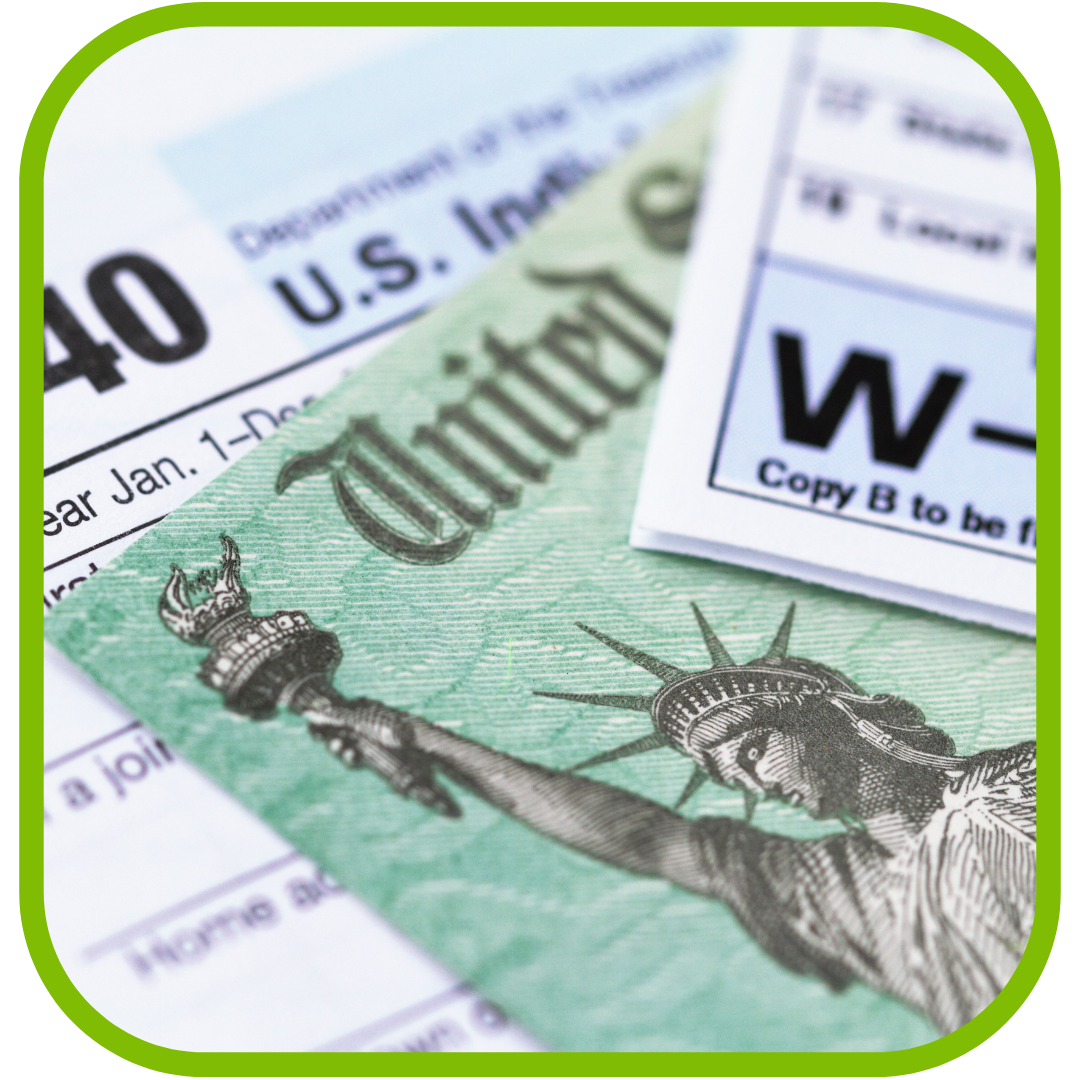Can You Deduct Postpartum Doula Expenses?
Here's What Parents Should Know About the Child and Dependent Care Tax Credit
Every tax season, a familiar question pops up for new parents: "Can I write off the cost of my postpartum doula?"
As more families turn to postpartum doulas for support after bringing home a new baby, it's only natural to wonder whether some of those expenses can be eased through tax benefits—especially with the high cost of infant care. While the answer isn't clear-cut, it's a thoughtful question, especially if you're leaning on a doula's help as you return to work.
Let's look at what the IRS says, how postpartum doula services fit into the picture, and what you need to know about qualifying for the Child and Dependent Care Tax Credit.
How the Child and Dependent Care Credit Works
The IRS offers a tax credit to working parents who pay for childcare so they can work or look for work. This credit called the Child and Dependent Care Credit, is designed to help families offset some of the childcare costs.
To qualify:
The care must allow you (and your spouse, if filing jointly) to work or actively look for a job.
The care must be provided for a qualifying person, usually a child under 13.
Seems straightforward, right? But when it comes to postpartum doulas, things get a little more complicated.
Do Postpartum Doula Services Count as "Childcare"?
Here's where it gets tricky.
Postpartum doulas typically help with newborn care, but they also support new moms emotionally, assist with recovery, and handle light household tasks. These services are incredibly valuable—but not all of them fall under what the IRS considers "work-related" childcare.
If your doula is helping with direct baby care while you're working—like bottle feeding, diaper changes, or supervising your infant—that portion of their services might qualify for the tax credit. But if they're mainly helping you (say, preparing meals or offering emotional support), those services likely don't count.
In short, it's not about the job title—it's about the specific tasks they're performing and why they're performing them.
Important Things to Keep in Mind
Are you thinking about claiming some of your postpartum doula costs? Here are a few key tips:
Start with IRS Publication 503
This is the IRS's guide to what counts as qualifying care and who can provide it. It's your best starting point for understanding the rules.
Keep Detailed Records
If your doula's duties include direct childcare, be sure to keep itemized documentation. This might include a breakdown of hours spent caring for the baby and how that care allowed you to work.
Talk to a Tax Pro
Everyone's situation is different, and tax laws can be surprisingly nuanced. A CPA or tax advisor can help you determine what qualifies and how to properly document it so you're covered if the IRS asks questions.
The Bottom Line
While you probably can't deduct all of your postpartum doula expenses, you might be able to claim part of them—if that care directly allowed you to work and be involved in supervising your child.
The key is being transparent about services and keeping good documentation. And when in doubt, bring in a tax professional to guide you through the gray areas.
Disclaimer: This post is meant to provide general information and should not be taken as tax or legal advice. Be sure to consult a qualified tax professional about your specific circumstances.
Sources:Internal Revenue Service. (2023). Publication 503: Child and Dependent Care Expenses. https://www.irs.gov/publications/p503Internal Revenue Service. (2023). Topic No. 602: Child and Dependent Care Credit. https://www.irs.gov/taxtopics/tc602National Partnership for Women & Families. (2021). Understanding the Role of Postpartum Doulas. https://www.nationalpartnership.org/our-work/resources/repro/postpartum-doula-role.pdfWritten with the support of AI


